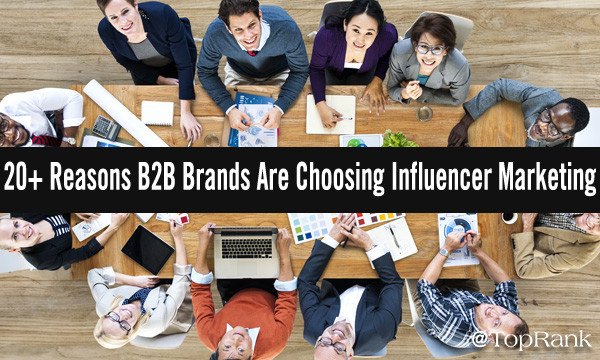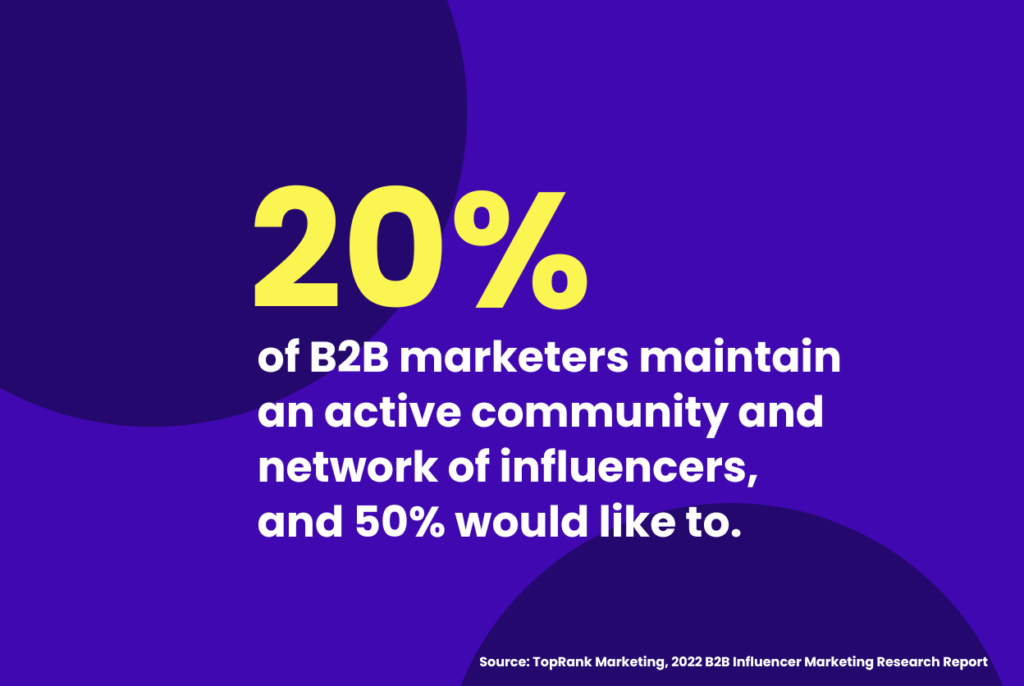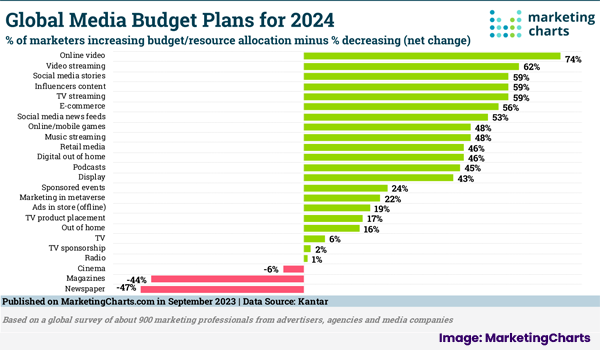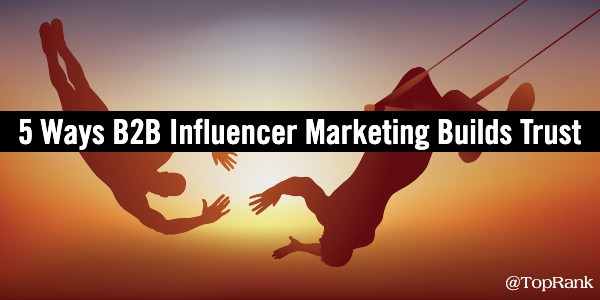Community Influence: B2B Influencer Marketing & The Ascent of Digital Communities
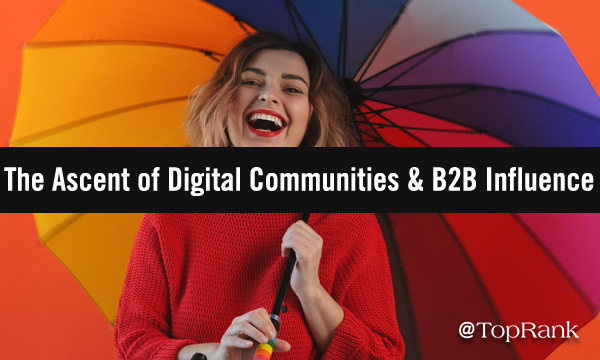
By Lane Ellis
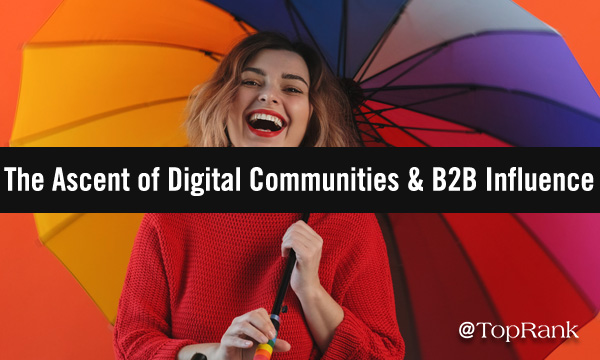
Just how important have digital communities become today, and why does the rising trust we place in them harmonize so well with B2B influencer marketing?
It’s no secret that the world has become digital-first during the pandemic, but one change that may surprise many is just how important online communities have become.
People have shifted to identifying the most closely with their online communities, for the first time surpassing traditional non-digital community groups, a change borne out by recent survey data.
A simultaneous pandemic change has seen trust in brands and marketers falling significantly, with 50 percent of U.S. consumers finding it difficult to trust brands since the pandemic began, according to report data from Salesforce.
The public’s perception and trust of the advertising and public relations industry has fallen to new lows according to one recent Gallup poll. A scant 26 percent of U.S. adults said that they see PR and advertising in a somewhat or very positive light, bottoming out even more than the previous low of 27 percent in 2008, with net-positive ratings now even lower than during 2003’s previous record low, according to the newly-published poll data.
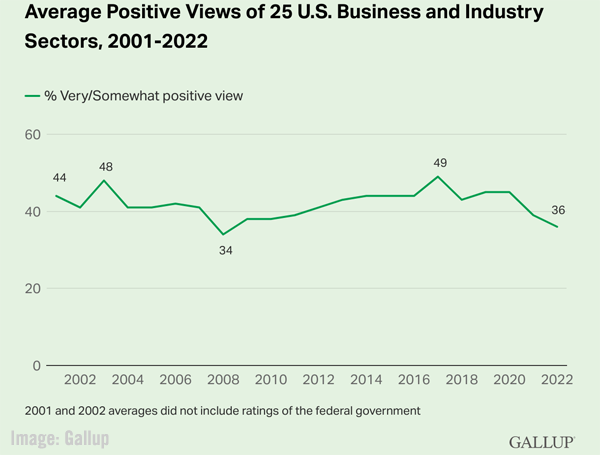
Thankfully, just as brand and advertising trust has fallen, the ascent of the importance of digital communities has created a counter-weight — one that is well-poised to take advantage of the power of influence and trust: B2B influencer marketing.
“Consumers need to be able to trust the content they engage with, so expect 2023 to show an increased demand for integrity and authenticity that brands and social media channels will have to adapt to,” Elizabeth Wiredu recently observed for PRWeek in “What are the top 10 social media trends for 2023?”
“Brands will move further away from personas and target their broader brand communities. In these spaces, it’s less about the influencer broadcasting content and more about the exchange between all community members,” Wiredu added.
[bctt tweet=”“Consumers need to be able to trust the content they engage with, so expect 2023 to show an increased demand for integrity and authenticity that brands and social media channels will have to adapt to.” — Elizabeth Wiredu @elizasjournal” username=”toprank”]
B2B influencer marketing is the business-oriented cousin to the B2C Instagram entertainment and lifestyle influencer. In B2B, some influencers go by creators, subject matter experts, industry experts, or other terms that disassociate them from the B2C influencer.
Whichever term is used, B2B influencer marketing provides an ideal way to combat disintegrating brand trust, especially when combined with the ascendancy of digital communities.
It’s no wonder that by the end of 2022 the B2B influencer marketing vertical is expected to reach $11.7 billion in revenue, with over 38 percent of B2B firms exploring influencer marketing for lead-generation and more, according to AdAge.
Let’s take a look …read more
Source:: Top Rank Blog





